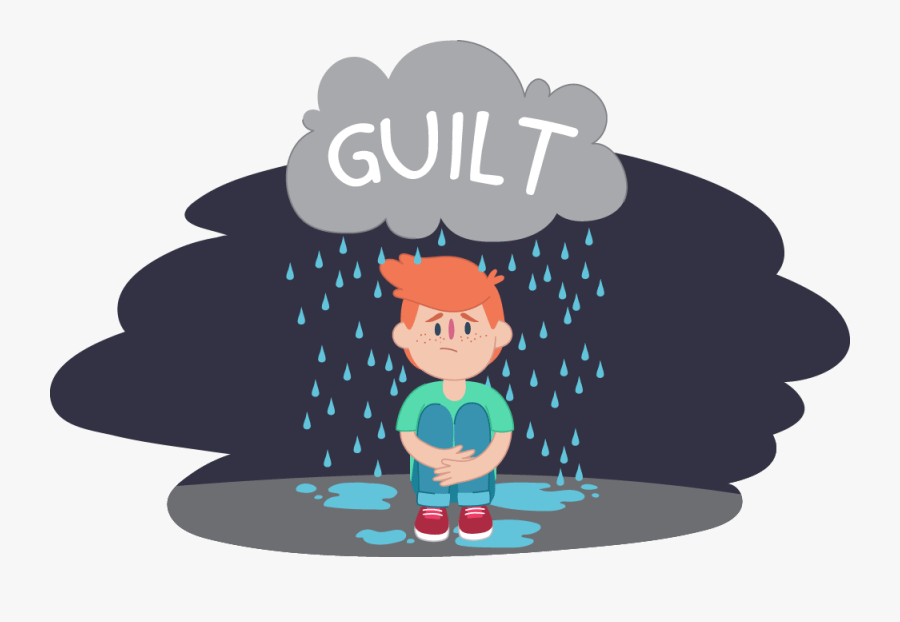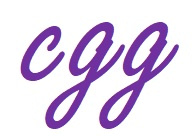With the loss of a loved one, grief can be accompanied by feelings of guilt. We may tend to blame ourselves for something we did or didn’t do that may have contributed to the death or for things that we wish we did or didn’t say or do. This is fairly common. Some bereaved, however, become tortured by their feelings of guilt and it colors their whole life. Guilt is a strong emotion which is often magnified because the bereaved are in an extremely vulnerable state. The guilt is often experienced when the bereaved try to answer the unanswerable: “Why did my loved one have to die?”

Guilt, Most Bereaved People Feel Some Degree Of It
None of us can live close to another person and love deeply without hurting that person. We all do and say things we later regret. We know these things hurt our loved one. When a loved one has died, we are reminded of those hurts and failings, real or imagined, of words we regret saying, incidents we’d like to forget, actions we’d like to take back. We consider every possible action that we could have taken or not taken to prevent the death.
Guilt Is Usually Not Satisfied With Explanations
Often, we feel helpless with our guilt because there is little that we can do to correct the situation. A direct personal relationship is desired to take away the guilt but that is not possible because our loved one is dead. However, we may still ask forgiveness of our loved one who has died. We can take an empty chair and pretend our loved one is sitting there. Then we can have a one-way conversation expressing our regrets or guilt and asking for forgiveness. This is helpful for anything we want to say to our loved one. Even thought there is no response, the asking is important. Consider that in the same circumstances we would forgive them. When we feel guilty justifiably and we are unable to be forgiven directly by the deceased, we may find some relief by talking with a trusted friend about our feelings of guilt. It is important to find a friend who will listen and be accepting of our feelings, without being judgmental.

Accept Your Guilt To Understand It and Deal With It
It is important for you to accept your guilt, however illogical, to understand it and to deal with it. It’s unhealthy and even damaging to stay with guilty feelings. It may take great effort but it is worth such effort because guilt that is unrecognized or unresolved for a long period may lead to psychosomatic illnesses and to years of unhappiness. Remember, we can’t change the past. There is so much pain in grief that it is not helpful to continue to blame and accuse ourselves. Work on your guilt and hold on to Hope.
Let Go of Your Guilt Accept Forgiveness
If we are truly sorry, we may at least feel God’s forgiveness. In Living When a Loved One has Died, author Earl Grollman, quotes a wise clergyman who said, “I believe that God forgives you. The question is: Will you forgive yourself?” Someone else tells of a compassionate friend who said, “How many times have you asked God to forgive you?” “Hundreds and hundreds” was the reply. the friend said, “Too bad you wasted so much time. God forgave you the first time you asked.” When you accept forgiveness (God’s), you are choosing to forgive and love yourself and to let go of your guilt. Religion and psychology stress that forgiveness is important for inner health.
Feelings of guilt, which are common in all grief, are often of major concern among survivors whose loved ones have died by suicide. “Could I have prevented it?” “Is it my fault?” “How did I fail?” Most survivors tell that their grief was complicated by extreme feelings of guilt. For some the guilt never goes away. Either they let it ruin their lives or they allow it to diminish to the point where they can handle it.
Ten Suggestions for Handling Guilt
- If you feel guilty, it is helpful to admit it to yourself. It is important to be truthful about why you feel guilty.
- Ask yourself what things specifically are bothering you the most. Talk over you feelings of guilt with a trusted friend or professional who will listen, care and not judge. Guilt should not be glossed over nor pushed down. TALK about your guilt until YOU can let it go.
- Remember that you are human. No one is perfect. There is so much that we tried to do. There are things we did not do. Accepting our imperfections aids us in working out our guilt. Realize that living is a balance of good and bad. Try not to blame yourself for things that you did not know you were mishandling.
- Remember there is not always an answer to “why” and you do not have to find somebody (yourself) or something to blame. Ask yourself if you want to live with guilt for the rest of your life. Realize that sometimes you are powerless and that you can’t control everything that happens.
- Forgive yourself; ask for forgiveness of your loved one and of God. If your faith is shaken, try to put your religious beliefs back together and find comfort in your religion.
- If appropriate, use the “empty chair” dialogue. This technique offers the opportunity to focus on your guilt, to admit it, to understand it and to deal with it.
- If guilt is hindering your recovery, seek professional counseling. Don’t be afraid or embarrassed to talk about your feelings of guilt with those who have been trained to help.
- Try writings about your thoughts and feelings of guilt.
- Become determined to live life to the best of your ability. when you are able, find some purpose or meaning in your life by helping others. Volunteer–in helping others you help yourself.
- Remember, many bereaved people initially feel guilty but their guilt does lessen with effort on their part and with the perspective of time.
(I found this article on the internet a while ago, but I have been unable to find it again.)
Loss and Grief — The Land Between: Finding God in Difficult Transitions
